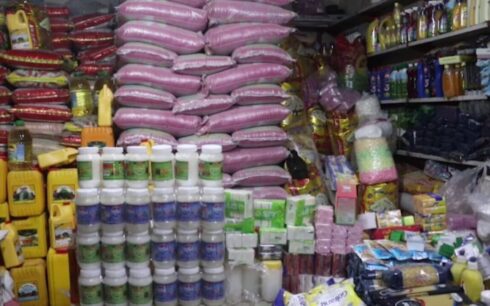KABUL — Taliban have awarded four major mining contracts valued at approximately 180 billion Afghanis (about $2.6 billion) over the past five months, according to a review of public data from the Taliban-run Ministry of Mines and Petroleum.
The contracts, granted to both domestic and foreign companies, include long-term agreements—some lasting up to 30 years—for the exploitation of various mineral resources across the country. The projects involve the extraction of lead and zinc in Bamiyan, marble in Kandahar, and natural gas in the Yatim Taq area of Jawzjan Province.
The most recent agreement, signed by the Taliban’s acting Minister of Mines and Petroleum, Hedayatullah Badri, grants a Turkish firm rights to drill three gas wells at Yatim Taq. The project is valued at $8 million and is expected to be completed within a year. According to Taliban spokesperson for the ministry, Homayoun Afghan, the site has the capacity to produce up to 100,000 cubic meters of gas per day.
The largest of the contracts, worth an estimated 179 billion Afghanis, involves the lead and zinc blocks in Yakawlang District of Bamiyan. The blocks have been divided among five companies, both local and international. The ministry claims that revenues from this project will be used to fund development initiatives in the provinces of Kandahar, Uruzgan, Maidan Wardak, and Herat.
Critics, however, warn that the opaque manner in which these deals are being made raises serious concerns. Several Afghan economic analysts have described the contracts as a “national betrayal,” alleging that the Taliban’s unregulated and non-transparent approach to resource management could lead to long-term economic and environmental harm.
Further analysis of the Taliban ministry’s data indicates that revenues from the sale of precious and semi-precious stones—including lead, zinc, fluorite, beryl, and emerald—have brought in more than 200 million Afghanis (roughly $2.9 million) over the same period.
Economists also warn that the lack of a transparent budgeting process under Taliban rule creates opportunities for misappropriation. “No one knows where these revenues are being spent,” said one analyst, adding that unchecked control over resource wealth could enable further consolidation of Taliban power, rather than contribute to public welfare.





